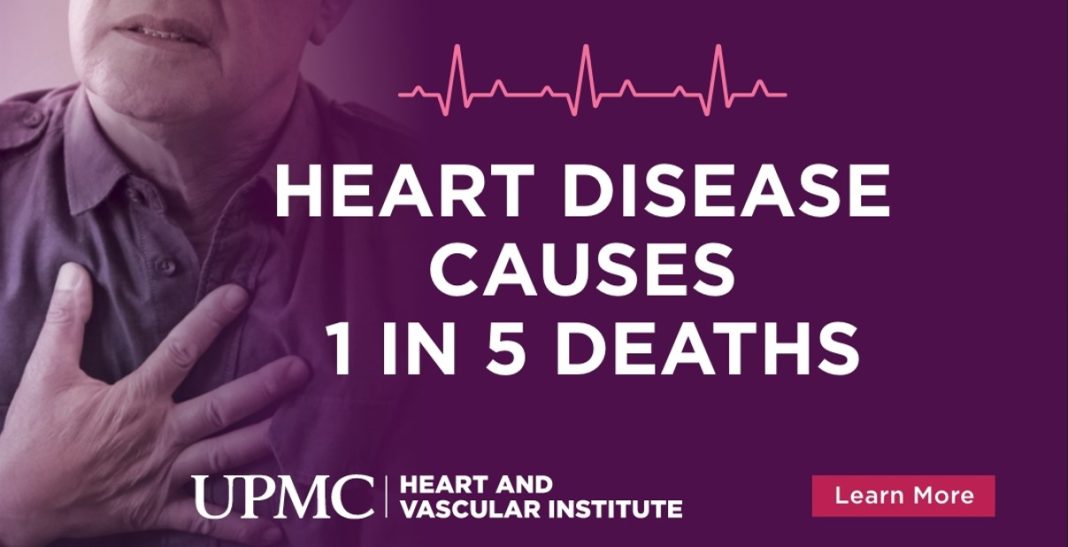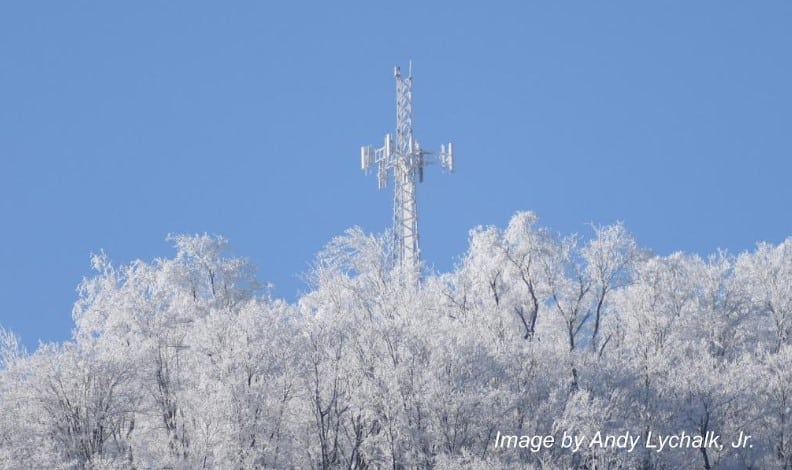EQB Adopts Emergency Air Quality Regulation for Existing Conventional Oil and Gas Sources

Harrisburg, PA – The Pennsylvania Environmental Quality Board (EQB) today adopted an emergency rule limiting volatile organic compound (VOC) emissions and, as a co-benefit, methane emissions from existing conventional oil and gas sources, which will lower air pollution from conventional oil and gas sources in the commonwealth.
The regulation mirrors a final-omitted regulation that the EQB adopted on October 12, and that the Independent Regulatory Review Commission (IRRC) approved on November 17.
Under the federal Clean Air Act (CAA), Pennsylvania has until December 16, to submit to the U.S. Environmental Protection Agency (EPA) a State Implementation Plan, including regulations covering VOC emissions for all required oil and gas sources.
Governor Tom Wolf determined that this emergency certified final-omitted rulemaking is necessary to ensure the commonwealth complies with the CAA and with Pennsylvania’s Air Pollution Control Act. The emergency rulemaking was undertaken after the House Environmental Resources and Energy Committee voted to review the final-omitted version of the regulation, causing a delay in the regulatory process that would extend beyond the December 16 deadline.
If the commonwealth does not submit this rulemaking to the EPA as a State Implementation Plan revision by December 16, federal highway funding will be withheld until the submission is made. For the upcoming fiscal year, federal highway funds subject to these sanctions are estimated to be in the hundreds of millions of dollars in “nonattainment areas” – regions that have not met air quality standards for ozone – in the commonwealth. The Pennsylvania Department of Transportation, the U.S. Department of Transportation Federal Highway Administration and the EPA have identified several hundred projects in nonattainment areas that would not receive funding and would therefore not be completed or would be subject to delay.
The Regulatory Review Act (RRA) allows an agency to immediately implement a final-omitted regulation when the Governor certifies that promulgation is necessary to respond to an emergency circumstance specified in the RRA. Today, November 30, Governor Tom Wolf issued a Certification of Need for Emergency Regulation finding that this rulemaking is required to prevent “the need for supplemental or deficiency appropriations of greater than $1,000,000.” (71 P.S. § 745.6(d)).
The emergency rulemaking establishes the VOC emission limitations for existing conventional oil and gas sources based on Reasonably Available Control Technology (RACT) requirements consistent with the EPA’s recommendations. The EPA defines RACT as “the lowest emission limitation that a particular source is capable of meeting by the application of control technology that is reasonably available considering technological and economic feasibility.”
These sources include natural gas-driven continuous bleed pneumatic controllers, natural gas-driven diaphragm pumps, reciprocating compressors, centrifugal compressors, fugitive emissions components and storage vessels installed at conventional well sites, gathering and boosting stations and natural gas processing plants, as well as storage vessels in the natural gas transmission and storage segment.
This rulemaking will be effective upon notice or publication in the Pennsylvania Bulletin.







